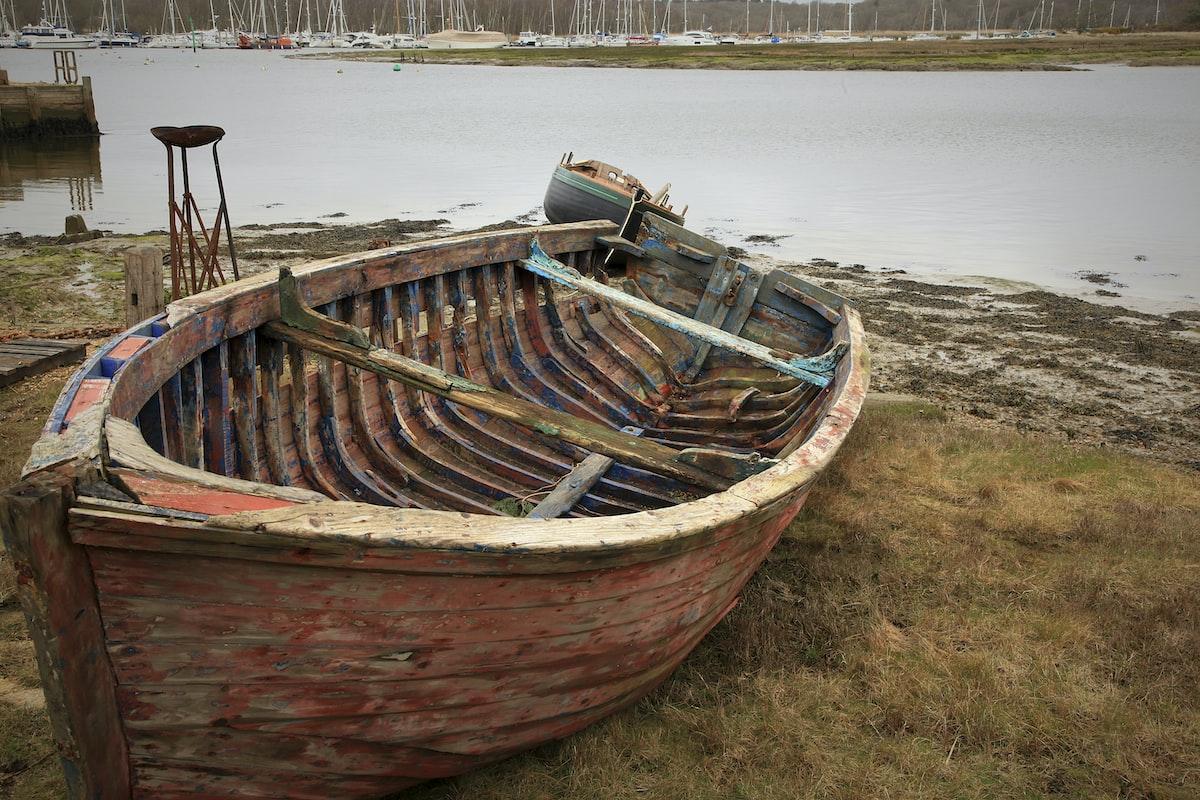Chess is a game of strategy and intelligence that has been played for centuries. Throughout history, there have been many great players who have achieved the title of Grandmaster, the highest honor in chess. A grandmaster is not only a player skilled at the game but also a respected authority and teacher of the game. In this article, we will delve into what it takes to become a grandmaster, the challenges and rewards that come with the title, and the future outlook for grandmasters in chess. Whether you are a novice or an experienced player, you will enjoy learning about the world of grandmasters in chess.
Qualifications for a Chess Grandmaster (37 characters)

A grandmaster is a title awarded to chess players who have demonstrated exceptional skill in the game. Chess players are awarded the title of grandmaster by the World Chess Federation (FIDE), a governing body for chess competitions worldwide. To qualify for the title, a player must achieve a high rating and meet certain performance criteria in addition to playing in several FIDE-rated tournaments. The title of grandmaster is the highest honor in chess and is reserved for only the most skilled players. A grandmaster is not only respected for their mastery of the game but also for their ability to teach and mentor others in the art of chess.
The Difficulty of Becoming a Grandmaster

Becoming a grandmaster is not an easy feat, and requires years of dedication and practice. The process starts with achieving the title of International Master, the second-highest title that can be awarded to a chess player. After achieving this title, the player must maintain a high rating and achieve specific performance criteria in at least three FIDE-rated tournaments. This can take many years of consistently strong tournament play. In addition to achieving these requirements, a grandmaster must also possess an extensive knowledge of chess theory, openings, and endgames. The training and preparation required to become a grandmaster are rigorous, and it takes an enormous amount of dedication, persistence, and hard work to achieve this high honor.
Benefits of Becoming a Chess Grandmaster
The benefits of becoming a grandmaster are numerous. The title brings prestige and recognition, and grandmaster players are revered for their exceptional skill and knowledge of the game. Grandmasters have opportunities to participate in high-level tournaments and events, which can lead to financial rewards and professional opportunities. Earning a living from playing chess is a real possibility for grandmasters, and many of them earn money through coaching, writing books on chess theory, and analyzing games. Becoming a grandmaster is not only an impressive achievement but also opens up a world of opportunities for those who pursue it.
Future of Chess Grandmasters.
The future of chess grandmasters is an exciting topic to explore as the game continues to evolve. Technological advancements have opened up new avenues for training and preparation, giving players access to powerful analysis tools and game databases. The rise of chess streamers, YouTube channels, and online chess platforms has made the game more accessible to a wider audience, and new generations of young prodigies are emerging.
These developments have had a significant impact on the world of chess, and the future relevance of grandmasters is a topic of debate. Some argue that the title may lose its importance as technology and access to information continue to level the playing field. Others believe that grandmasters will always be held in high regard for their historical significance and their unparalleled knowledge and skill of the game. Regardless of the future outlook, the title of grandmaster remains one of the most challenging and rewarding goals that a chess player can pursue.
In conclusion, becoming a grandmaster in chess is a monumental achievement that requires dedication, discipline, and hard work. The benefits of achieving this high honor are numerous, from prestige and recognition to opportunities for professional play and financial rewards. While technological advancements and emerging young prodigies may change the landscape of chess in the future, the title of grandmaster remains a symbol of excellence and a goal worth pursuing for anyone passionate about the game.
The Future of Chess Grandmasters
The path to becoming a grandmaster in chess is not an easy one, but for those who are passionate about the game, the journey is a rewarding one. If you are interested in pursuing this goal, it is important to remember that it takes time, discipline, and a lot of hard work. You must be willing to put in the hours of training and preparation necessary to achieve the title of grandmaster.
However, if you are committed to the game and have a love for chess, the rewards of becoming a grandmaster can be life-changing. The title brings not only prestige and recognition, but opportunities for professional play, financial rewards, and a lifelong love for the game. While the future of grandmasters in chess may be uncertain, the importance of the title is unlikely to diminish anytime soon.
In conclusion, the pursuit of grandmaster in chess is challenging but ultimately rewarding. For those who are dedicated to the game, there is no better goal to strive for. Whether you are a novice or an experienced player, the journey to becoming a grandmaster will test your skills and your determination, but the end result is well worth the effort. If you are passionate about chess, the path to becoming a grandmaster is one that you should consider exploring.
Chess Grandmaster: FAQs Answered
FAQs:
1. What is a grandmaster in chess?
A grandmaster is the highest title awarded to a chess player by the World Chess Federation (FIDE). It is given to chess players who have demonstrated exceptional skill and knowledge of the game.
2. What are the requirements for becoming a grandmaster?
To become a grandmaster, a player must achieve a high rating, meet certain performance criteria in FIDE-rated tournaments, and possess extensive knowledge of chess theory, openings, and endgames.
3. How long does it take to become a grandmaster?
The time it takes to become a grandmaster can vary greatly depending on the player’s skill level and dedication. It can take anywhere from several years to a decade or more of consistently strong tournament play and rigorous training.
4. What are the benefits of becoming a grandmaster?
The benefits of becoming a grandmaster include prestige and recognition, opportunities for professional play, financial rewards, and a lifelong love for the game. Grandmasters are revered for their exceptional skills and knowledge of chess.
5. Can anyone become a grandmaster?
Becoming a grandmaster is not easy, but it is possible for anyone who is willing to put in the time, dedication, and hard work required. However, it requires a love for the game and a passion for learning and improving.
6. What is the future outlook for grandmasters in chess?
The future of grandmasters in chess is uncertain, as technological advancements and changes in the game may impact the relevance of the title. However, the importance of the title is unlikely to diminish anytime soon, and grandmasters will likely continue to be held in high regard.